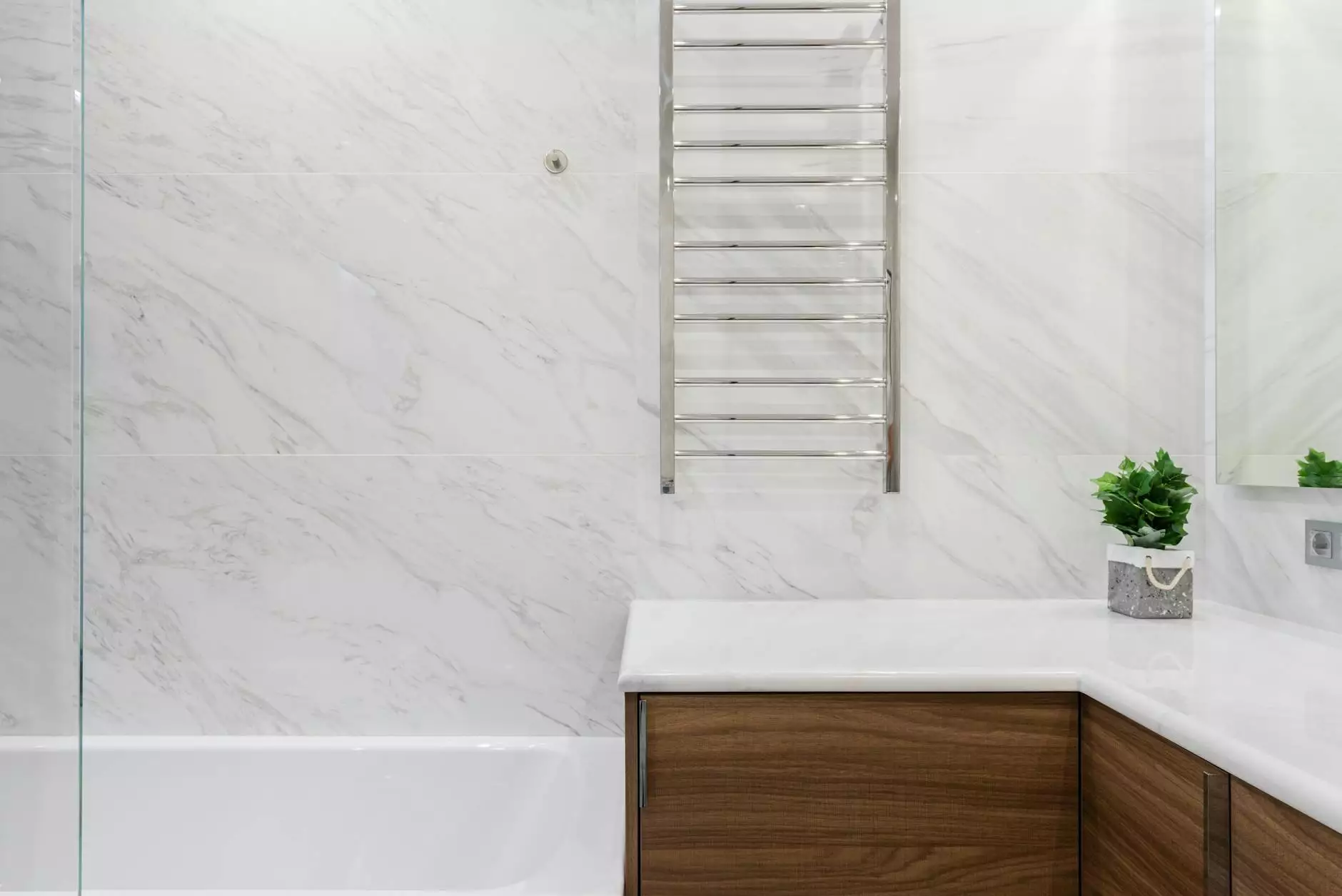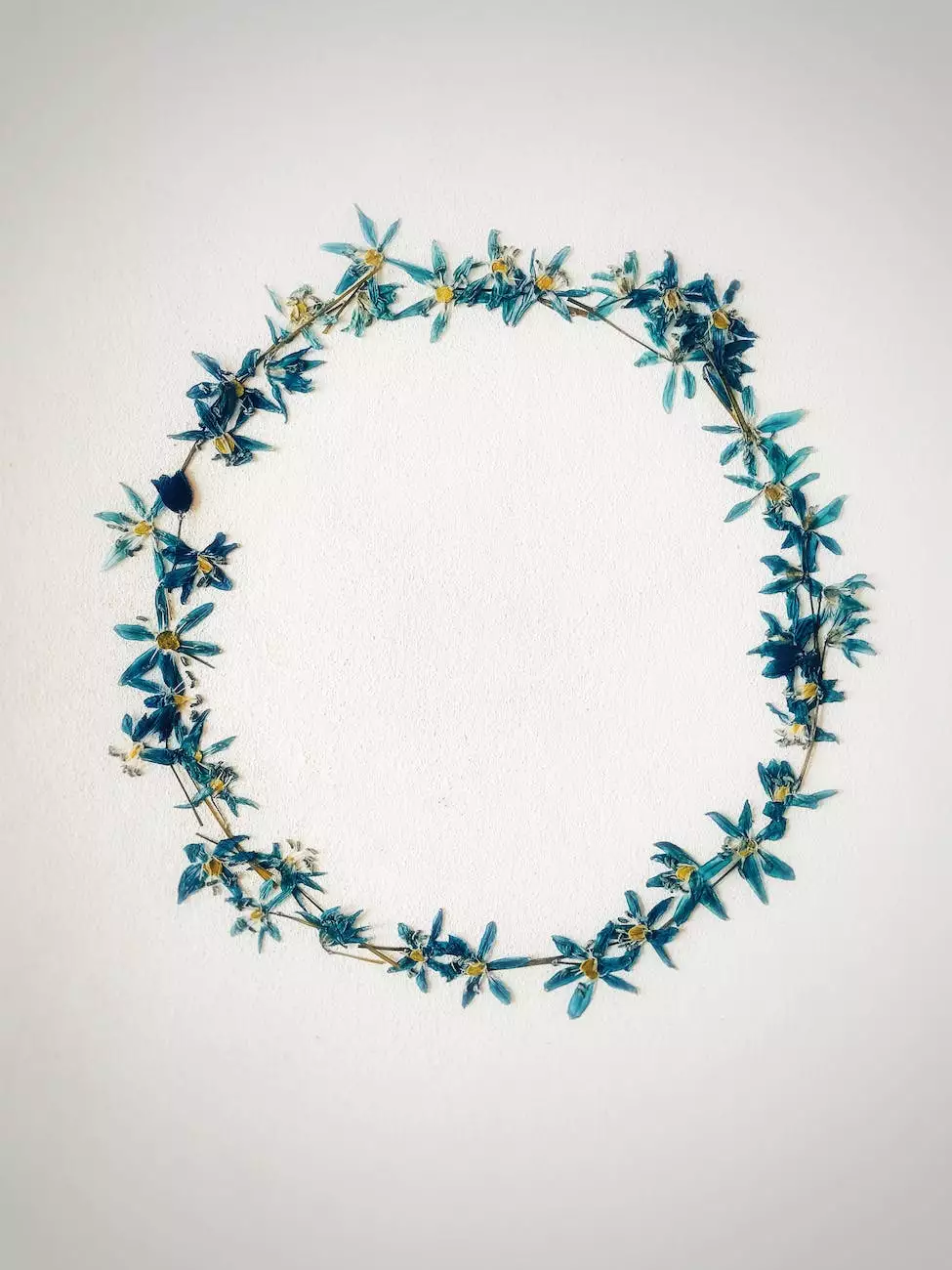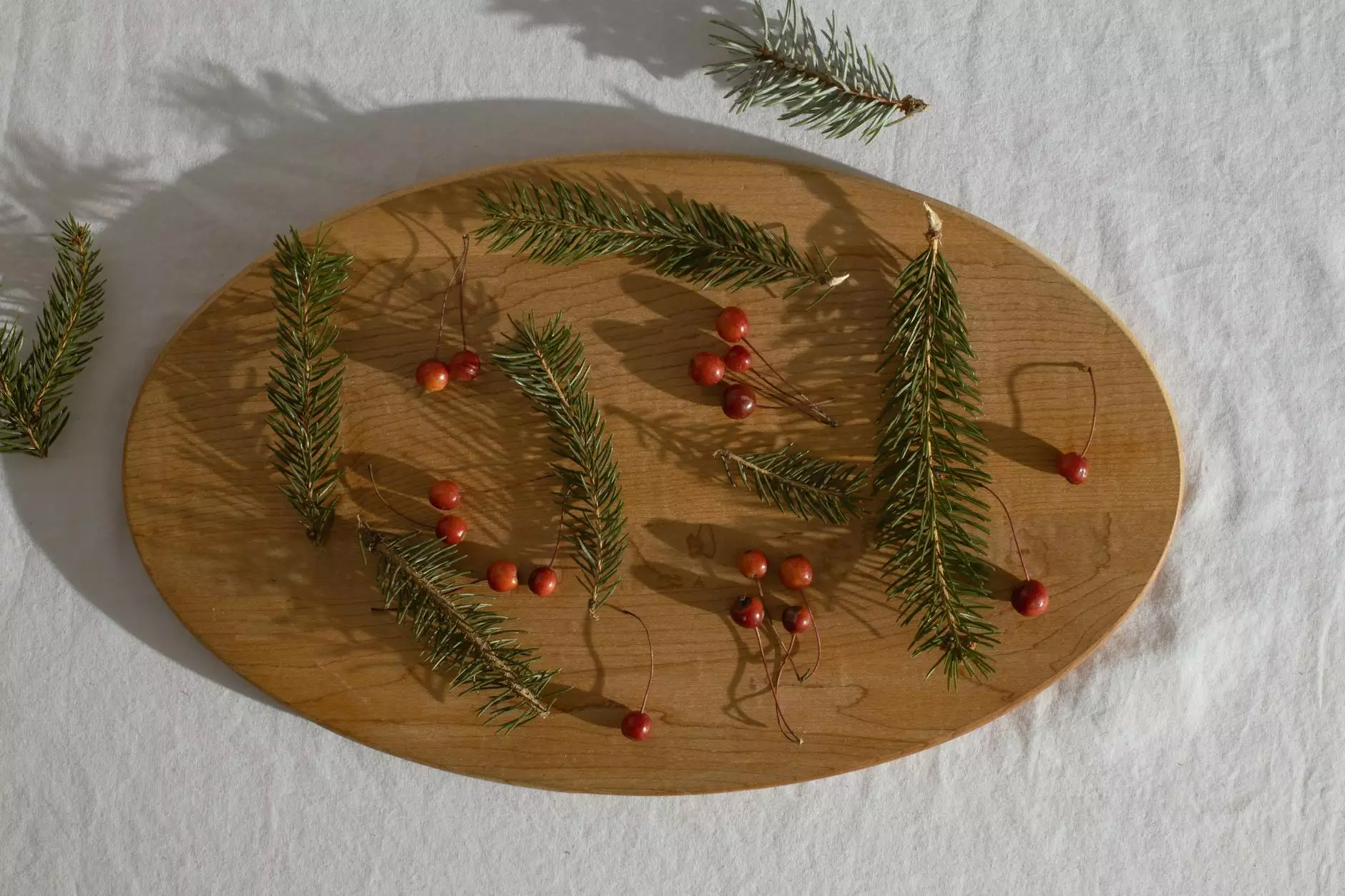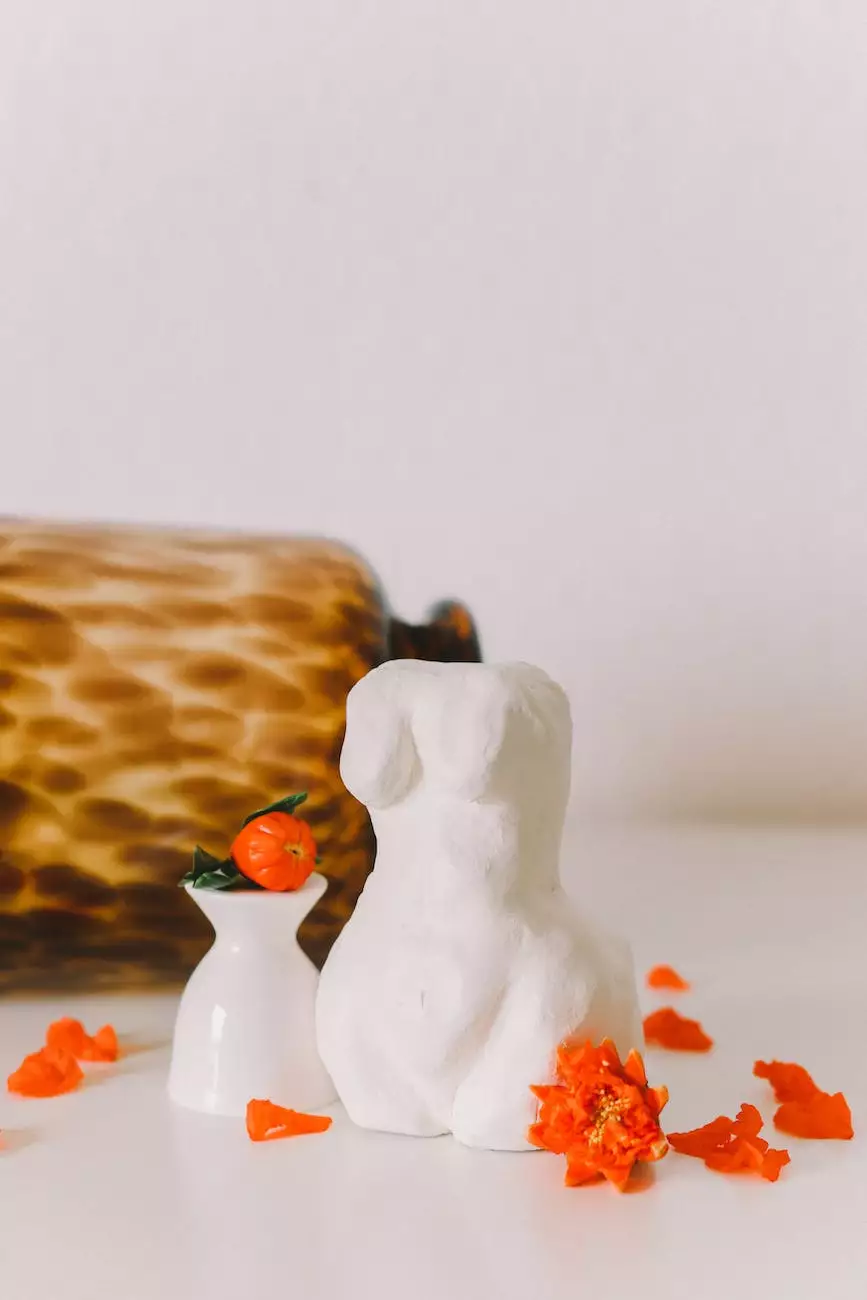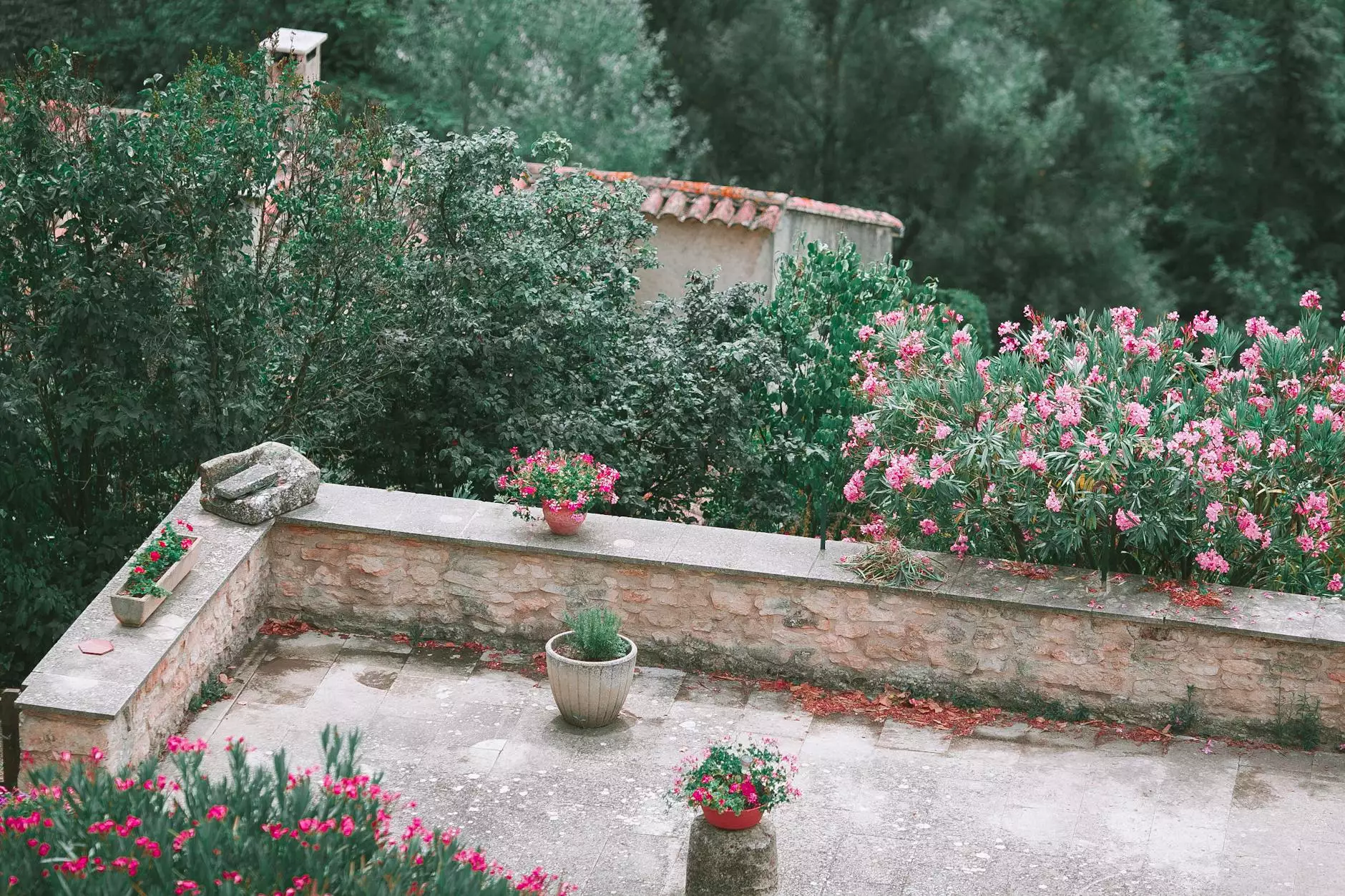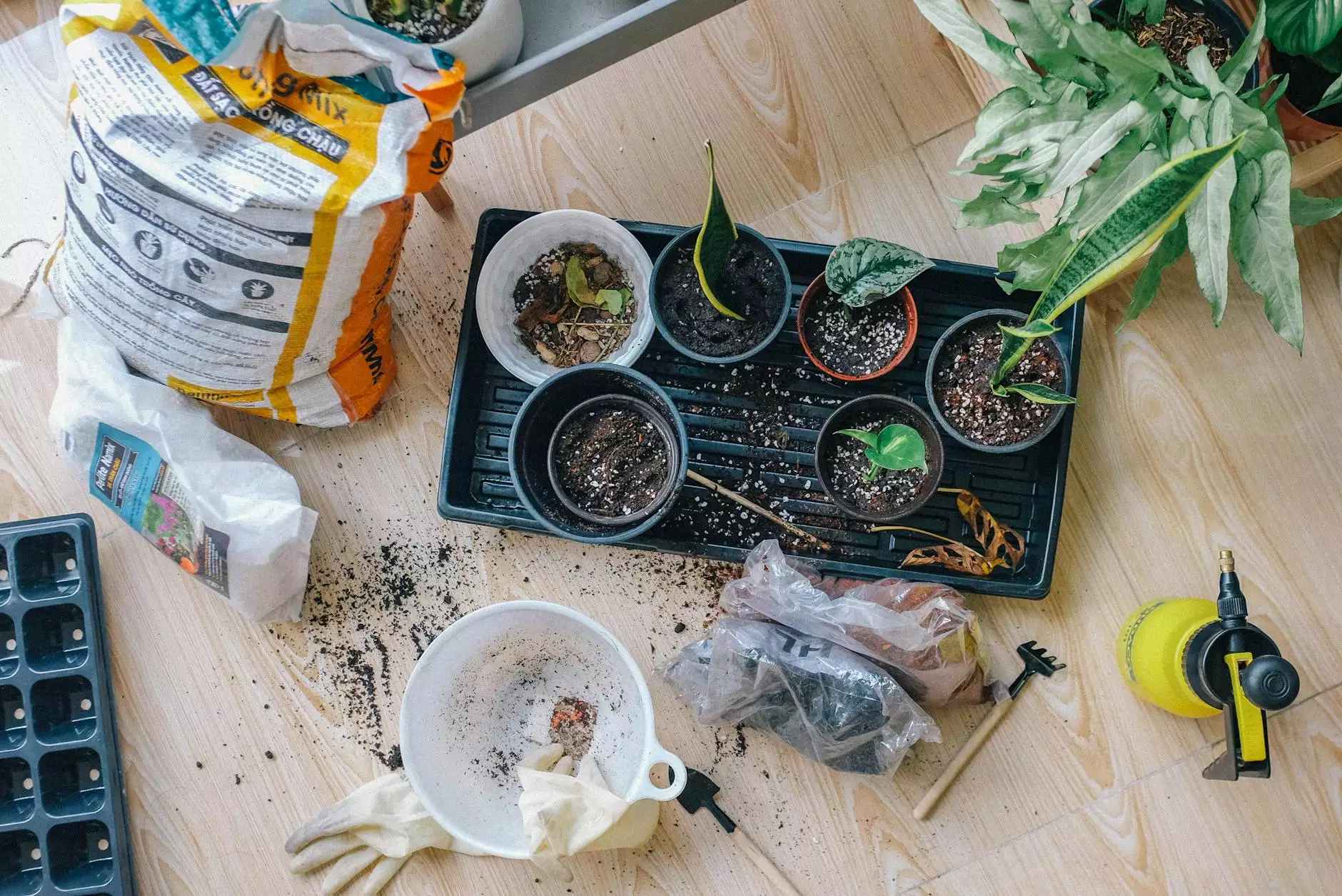Home Composting Basics
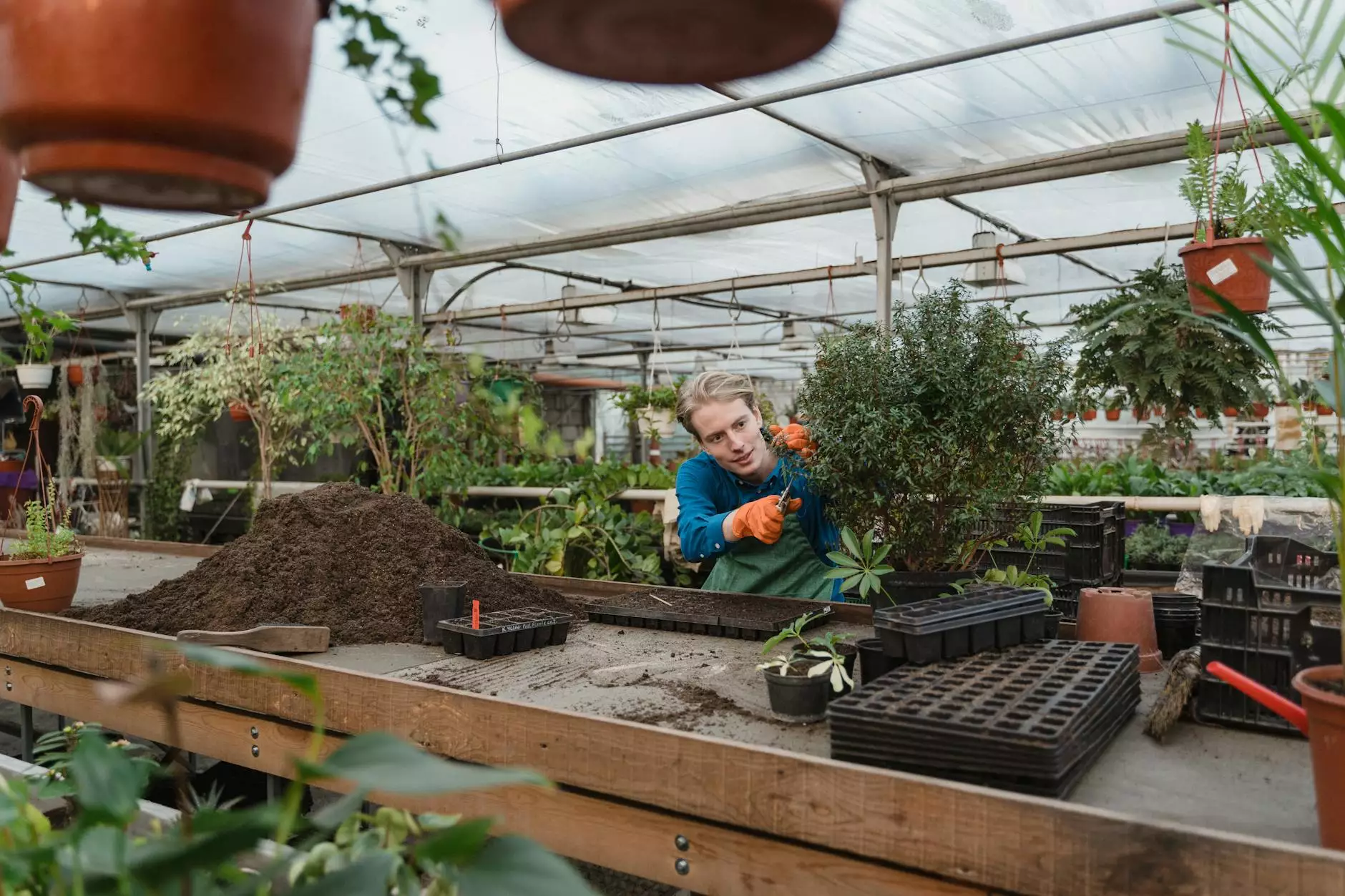
At La Venezia Art & Fashion, we understand the importance of sustainability and taking care of our environment. That's why we believe in the power of home composting. Composting is a natural process that transforms organic waste materials into nutrient-rich soil, which can be used to nourish your garden and plants. In this guide, we will provide you with all the information you need to get started with home composting.
Why Compost?
Composting offers a range of benefits, both for your garden and the environment. By composting at home, you can:
- Reduce waste sent to landfills
- Decrease carbon footprint
- Improve soil fertility
- Enhance plant growth and health
- Save money on fertilizers
How Does Composting Work?
Composting is a biological process that requires the right combination of organic materials, moisture, oxygen, and temperature. There are two main types of composting methods:
1. Traditional Composting
This method involves creating a compost pile or using a compost bin. Here's how you can start:
- Select a suitable location for your compost pile or bin. It should be well-drained and easily accessible.
- Layer your organic materials, such as fruit and vegetable scraps, coffee grounds, grass clippings, leaves, and shredded paper. Make sure to avoid meat, dairy products, and oily food waste.
- Add moisture to the pile regularly to maintain the right level of humidity. Ideally, the compost should feel like a damp sponge.
- Turn or mix the compost regularly to provide oxygen and accelerate the decomposition process.
- Monitor the temperature of the compost pile. The optimal temperature for composting is around 140-160°F (60-71°C).
- After a few months, your compost should be ready to use. It should appear dark, crumbly, and have an earthy smell.
2. Vermicomposting
Vermicomposting involves using worms to help break down organic waste materials. Follow these steps to start vermicomposting:
- Obtain a suitable worm composter or create one using a container with drainage holes.
- Add a bedding material such as shredded newspaper, cardboard, or coconut coir to the composter to create a comfortable environment for the worms.
- Introduce redworms (Eisenia fetida) or composting worms to the composter. These worms are highly efficient in consuming organic waste.
- Start adding kitchen scraps, coffee grounds, tea bags, and other organic waste to the worm composter. Avoid feeding them meat, dairy, and greasy items.
- Maintain the appropriate moisture level by occasionally misting the bedding. Avoid overwatering.
- Harvest the vermicompost when it appears dark and crumbly, usually within a few months. Separate the worms from the compost and use them for continuous vermicomposting.
Troubleshooting Common Composting Issues
While composting is a straightforward process, you may encounter some challenges along the way. Here are solutions to common composting problems:
Foul Odors
If your compost pile develops a foul smell, it may be due to improper aeration or an imbalance of materials. To eliminate the odor:
- Add more dry, carbon-rich materials like leaves or shredded paper
- Aerate the pile by turning it more frequently
- Avoid adding meat or dairy products, as these can cause odor issues
Pests and Rodents
Pests and rodents can be attracted to your compost pile if it contains inappropriate materials or lacks proper maintenance. To deter them:
- Avoid adding oily or greasy food waste
- Do not include meat, fish, or dairy products
- Cover food scraps with a layer of yard waste or carbon-rich materials
- Keep the compost pile well-maintained and regularly turn it to disturb potential pest habitats
Slow Decomposition
If your compost is taking longer than expected to decompose, consider the following steps:
- Ensure the right balance of green (nitrogen-rich) and brown (carbon-rich) materials
- Chop or shred larger materials to increase surface area and accelerate decomposition
- Ensure adequate moisture levels by watering the compost pile when necessary
- Turn the pile regularly to provide oxygen and improve decomposition
Remember, successful composting requires patience and experimentation. Don't be discouraged if you face challenges along the way – it's all part of the learning process.
In Conclusion
Composting is an excellent way to reduce waste, nourish your garden, and contribute to a healthier environment. By following the home composting basics provided by La Venezia Art & Fashion, you can create nutrient-rich compost and turn your organic waste into a valuable resource. Get started with home composting today and make a positive impact on the planet!
